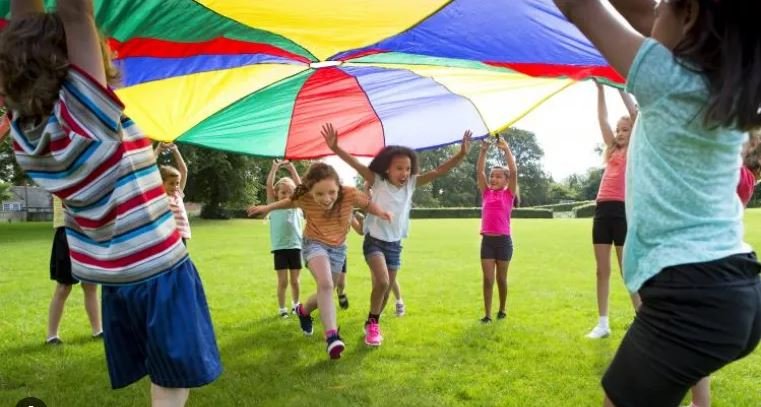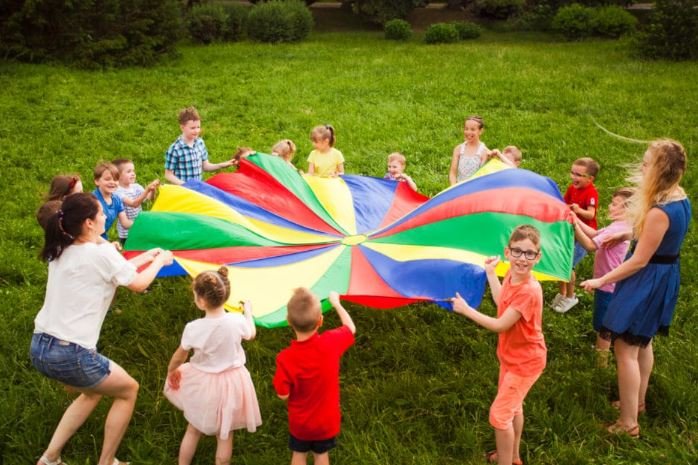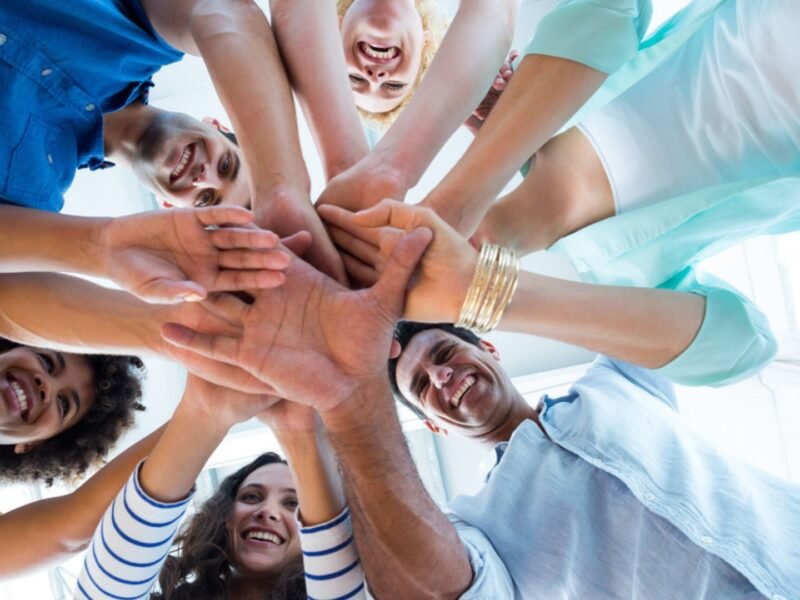Group activities play a crucial role in fostering social development among individuals of all ages. Whether in educational settings, community programs, or recreational environments, participating in group activities offers numerous benefits that contribute to personal growth and interpersonal skills. This article explores the positive impacts of group activities on social development across various contexts.

Enhancing Communication Skills
Group activities provide opportunities for individuals to practice verbal and nonverbal communication skills. Participants learn to express their ideas, listen actively to others, and collaborate effectively to achieve common goals. These interactions promote clearer and more empathetic communication.
Promoting Collaboration and Teamwork
Collaborative group activities require individuals to work together towards shared objectives. By collaborating with peers, participants learn to appreciate diverse perspectives, leverage collective strengths, and resolve conflicts constructively. These experiences build essential teamwork skills.
Developing Leadership Qualities
Group activities often involve roles that require leadership, such as organizing tasks, delegating responsibilities, and motivating team members. By taking on leadership roles within a group, individuals enhance their decision-making abilities, initiative, and ability to inspire others.
Fostering Social Connections and Relationships
Participating in group activities fosters social bonds and friendships among participants. Shared experiences, mutual interests, and collective achievements create a sense of belonging and camaraderie within the group. These connections contribute to emotional well-being and social support networks.
Building Empathy and Understanding
Group activities expose individuals to diverse backgrounds, perspectives, and experiences. By engaging with others from different walks of life, participants develop empathy, cultural sensitivity, and respect for diversity. These qualities promote inclusive attitudes and broaden social awareness.
Encouraging Emotional Regulation and Resilience
Navigating group dynamics and achieving group goals require individuals to manage emotions, cope with setbacks, and adapt to changing circumstances. These experiences cultivate emotional resilience, self-regulation, and perseverance in overcoming challenges.
Providing Opportunities for Skill Development
Group activities offer platforms for learning new skills and honing existing abilities. Whether through artistic expression, sportsmanship, problem-solving challenges, or academic pursuits, participants acquire practical skills that contribute to personal and professional growth.
Enhancing Self-Confidence and Self-Efficacy
Successes and accomplishments within group settings bolster individuals’ self-confidence and belief in their capabilities. Positive feedback, peer recognition, and supportive environments encourage participants to take on new challenges and pursue personal goals with greater confidence.
Promoting Healthy Competition and Fair Play
Competitive group activities teach individuals the value of fair play, sportsmanship, and ethical behavior. Participants learn to respect rules, accept outcomes graciously, and celebrate both personal and collective achievements in a spirit of healthy competition.
Supporting Academic and Cognitive Development
In educational settings, group activities enhance learning outcomes by promoting collaborative problem-solving, critical thinking, and knowledge sharing. Group discussions, projects, and study groups foster deeper understanding of academic concepts and encourage intellectual engagement.
Cultivating Civic Engagement and Community Responsibility
Group activities that involve community service or civic projects instill a sense of civic responsibility and social commitment. Participants develop a greater appreciation for community needs, contribute positively to society, and become active agents of social change.
Conclusion: Embracing the Benefits of Group Activities
In conclusion, group activities play a vital role in promoting social development by enhancing communication skills, fostering collaboration, building empathy, and supporting personal growth. By engaging in diverse group experiences, individuals of all ages develop essential social competencies that contribute to their well-being and success in various aspects of life.
Further Resources on Group Activities and Social Development
Explore additional resources and programs focused on leveraging group activities for social development, teamwork, leadership skills, and community engagement. Discover opportunities to participate in or facilitate group activities that promote positive social interactions and personal growth.



